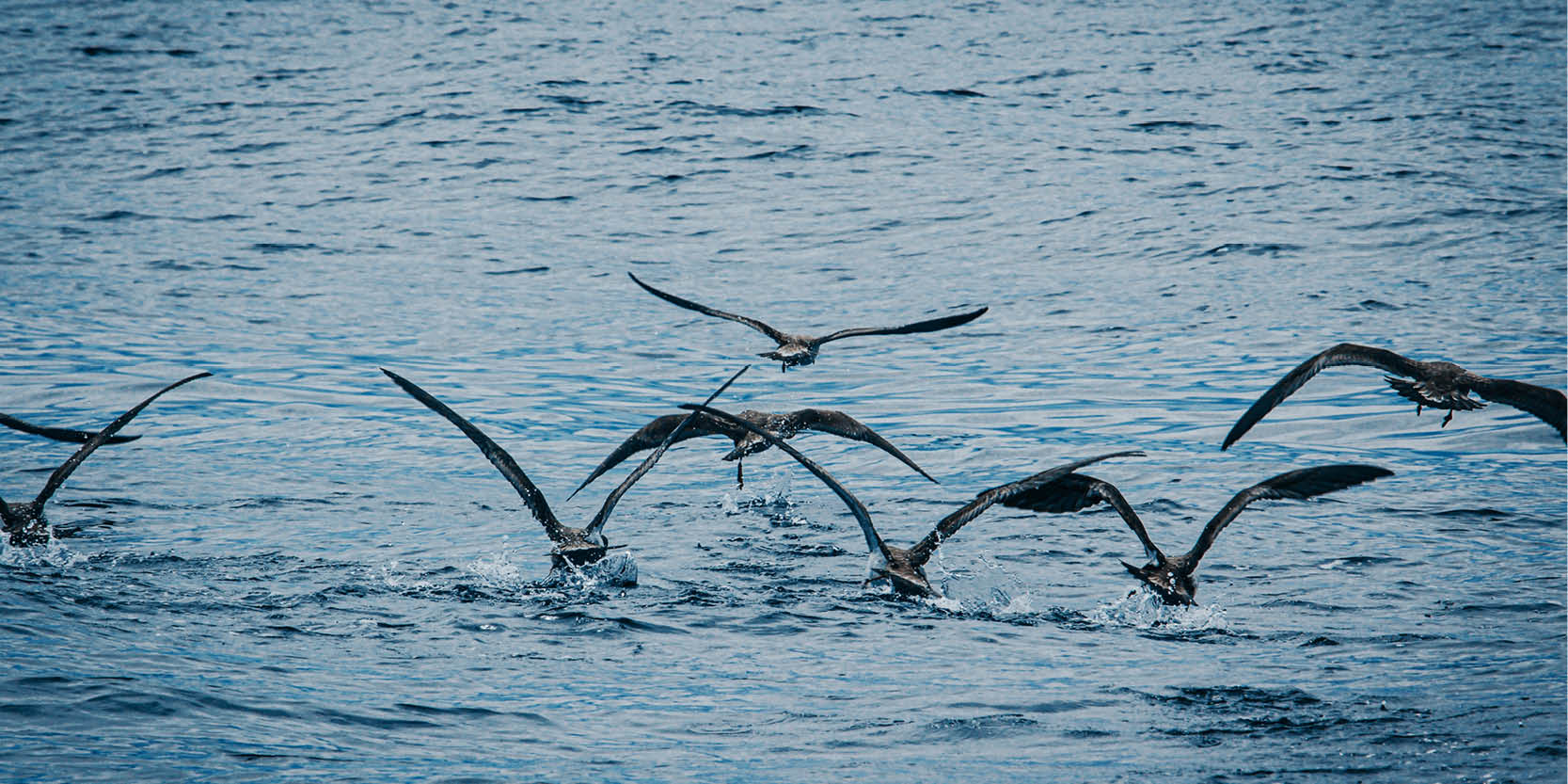In This Section
- Home
- About the College
- Governance
- College Committees & Steering Groups
- College Assembly
- College Council
- College Executive Management Committee
- College Academic Programmes and Curriculum Development Committee
- College Graduate Studies Committee
- College Research & Innovation Committee
- College Teaching Learning and Student Experience Committee
- College Student Recruitment and Outreach Committee
- College Sabbatical Research Leave Committee
- College of SEFS Adjunct Appointments Committee
- International Education Committee
- College Postgraduate Student Committee
- Athena SWAN Steering Group
- College Committees & Steering Groups
- Human Resources
- UCC STEM Awards
- Scholarships and Prizes
- Women in STEM Panel Talks
- Inaugural Professorial Lectures
- Athena SWAN in SEFS
- Proposal Calls
- Contact Us
- Science in Society Public Lecture Series
- Governance
- News
- Staff
- Schools and Departments
- Current Students
- Undergraduate Courses
- Postgraduate Courses
- International Students
- Research and Innovation
- Employability and Careers
- Outreach and Public Engagement
- Science Week
- Transition Year Programmes
Ocean plastic blackspots most likely to threaten seabirds identified

Parts of the ocean where seabirds are most exposed to plastics have been identified in a major research project involving UCC scientists.
For the first time areas of the world’s ocean that represent a high risk of plastic exposure for seabirds are identified in new research.
A team of global researchers, including researchers at the School of Biological, Earth and Environmental Sciences, UCC tracked the movement data of over 7,000 seabirds to identify the areas of the world’s ocean where seabirds would most likely come into contact with plastic.
The Mediterranean, the Black seas, as well as the seas off the USA, Japan, and the UK are where seabirds are most at risk of plastic exposure.
Many seabird species are particularly sensitive to plastic pollution as they often ingest plastic or become entangled in it when foraging. Oceanic seabirds such as petrels, which includes species like Albatrosses, fulmars and shearwaters, and which cover vast distances during foraging and migration, are at higher risk as they retain plastic for longer periods owing to the structure of their digestive tract.
“Seabirds can die when they get entangled in plastic but eating the plastic is likely the main problem. Why they eat it is not fully understood but plastic can look like the food that they eat, for example squid, small fish and plankton. But it is also thought that algae growing on the plastic gives off an odour that makes it smell like food,” stated Prof John Quinn, School of Biological, Earth and Environmental Sciences, UCC and co-author of the study.
The researchers state the findings highlight the need for improved international cooperation and collaboration to address the global threat of plastic pollution. Given the rise in marine plastic pollution and its uneven distribution around the world, understanding where seabirds encounter and are at risk from plastic is crucial for informing mitigation and conservation actions.
“This is invaluable research because for the first time it identifies where the world’s danger areas are for this remarkable group of species,” stated Prof John Quinn. The research is published in Nature Communications.
UCC researchers were part of the global team in a study led by Birdlife International. They examined the overlap in space and time between marine plastic density estimates and individual tracking data from over 7,000 birds. In total they quantified the plastic exposure risk for 77 petrel species — including shearwaters, fulmars, and prions — at a global scale.
Ireland has three species that belong to this group of ocean-going seabirds and they travel remarkable distances. For example, manx shearwaters winter every year off the coast of Argentina, when looking for food to feed their chicks on many of the islands around our coast and sometimes do round-trips of over 3000km to find food.
“On the somewhat positive side, this research does not identify Ireland as one of the world’s hotspots for marine litter but in fact most Irish seabirds have traces of plastic in their guts. We don’t really know what impact this is having and we cannot afford to be complacent because Ireland has a statutory obligation to protect our seabird populations. That said, our manx shearwaters winter off Argentina, and their exposure risk to plastic is much higher there,” states Dr Mark Jessopp, School of Biological, Earth and Environmental Sciences, UCC and another co-author of the study.
Clark, B.L., Carneiro, A.P.B., Pearmain, E.J. et al. Global assessment of marine plastic exposure risk for oceanic birds. Nat Commun 14, 3665 (2023). https://doi.org/10.1038/s41467-023-38900-z
College of Science, Engineering and Food Science
Coláiste na hEolaíochta, na hInnealtóireachta agus na hEolaíochta Bia
Contact us
Block E, Level 3, Food Science Building, UCC, Cork, T12 YN60.
